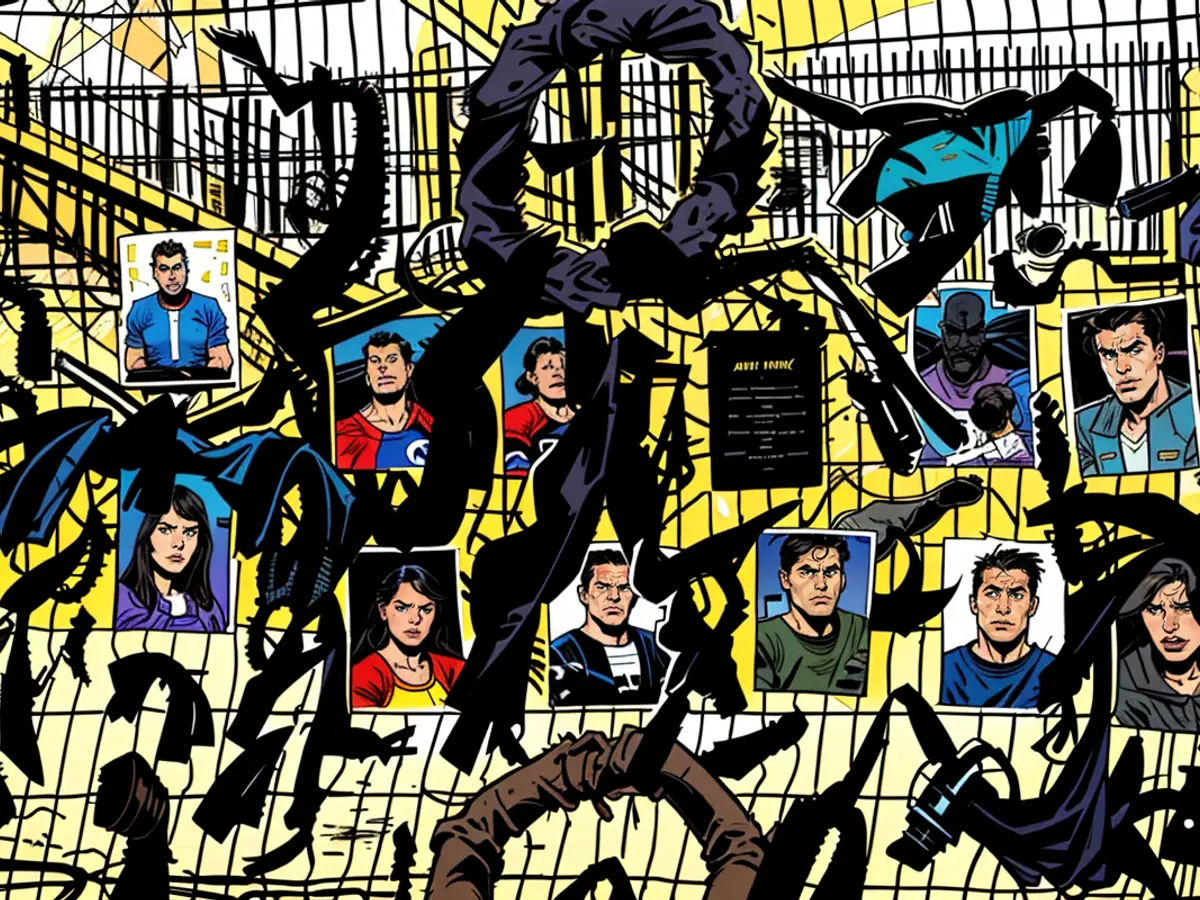Despite diplomatic efforts, Netanyahu threatens Hezbollah with "tough response"
Netanyahu visited the village of Majdal Shams on the Golan Heights, which Israel annexed, on Monday, where a rocket fired from Lebanon had struck a soccer field on Saturday afternoon. According to Israeli reports, at least twelve children and teenagers aged between ten and sixteen were killed. Israel and the USA blame the attack on the Hezbollah militia, which is supported by Iran, but the militia denies responsibility.
"Our response will come, and it will be harsh," Netanyahu said on Monday in Majdal Shams. He had previously threatened that Israel would not let the "murderous attack" go unanswered, and that Hezbollah would pay a "price it has never paid before." In the annexed Majdal Shams, dozens of protesters demonstrated against the visit of the Israeli prime minister, according to AFP reporters.
Several countries were reportedly exerting diplomatic pressure to limit a possible Israeli retaliation. The USA, France, and other states were trying to contain the escalation, Lebanese Foreign Minister Abdallah Bou Habib told local station Al-Jadeed on Sunday.
"We have received assurances that Israel will carry out a limited escalation," he said. In return, Hezbollah would "retaliate in a limited manner," Habib added. Lebanese Prime Minister Najib Mikati said there was continued contact with "several international, European, and Arab parties" to "protect Lebanon and safeguard it from dangers."
The U.S. special envoy, Amos Hochstein, spoke with several Lebanese representatives over the weekend. The White House said the USA was working on a diplomatic solution to the situation at the border between Israel and Lebanon.
The German government advised German citizens to leave the country immediately. "I appeal to all Germans who are still in Lebanon to use the currently available opportunities to leave the country and to do so urgently," a spokesman for the Foreign Office in Berlin said.
Lufthansa and other airlines suspended flights to Beirut. Lufthansa, along with its subsidiaries Eurowings and Swiss Air, will not fly to the Lebanese capital until at least August 5, a company spokesman said. The spokesman for the Foreign Office emphasized that there was still commercial air traffic from Lebanon to Europe and Turkey. The calls for evacuation were "not a joke, but simply due to the really difficult situation if there were to be a regional conflagration and an escalation of the local situation."
The Federal government in the USA, along with France and other nations, is putting diplomatic pressure to prevent a significant Israeli retaliation following the attack. The Federal government in Germany, due to the tense situation, urged Germans residing in Lebanon to leave the country immediately.







